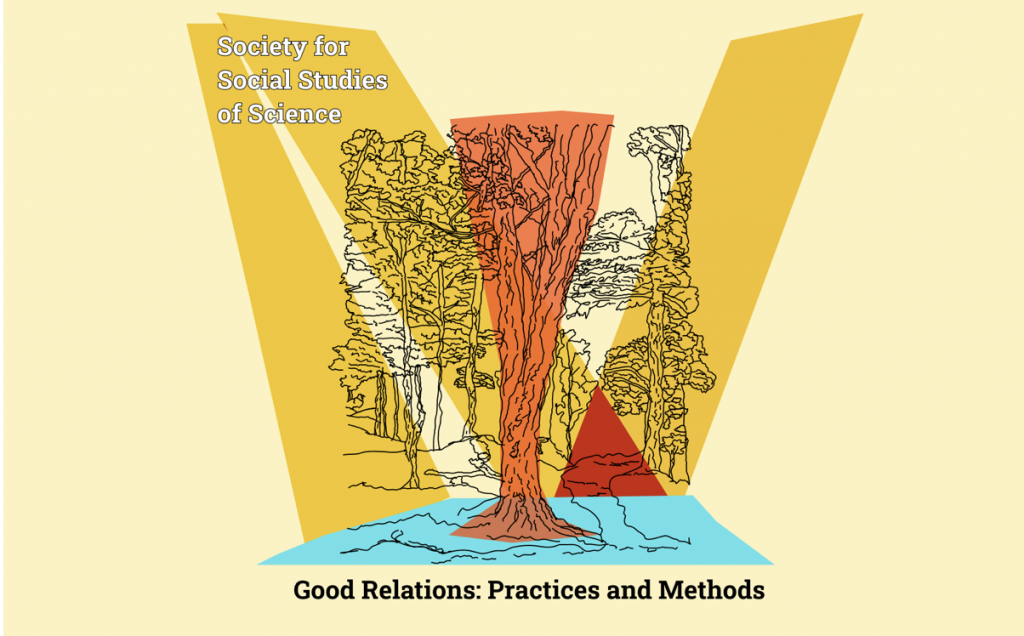4S Toronto | Bastos, Macedo, Moreira | 6-9 October 2021 (online)
Society for Social Studies of Science (4S)
October 6 – 9, 2021
Conference theme: Good Relations – Practices and Methods in Unequal and Uncertain Worlds
Making race: the plantation world beyond abolition
Authors: PI Cristiana Bastos and Marta Macedo
Abstract
In this paper we will discuss the processes of racialization of plantation labor in post abolition societies. We will address the morphing of plantation nomenclatures of labor, hierarchy and race into different nomenclatures of ethnicity, ancestry or nationality, with an emphasis on indentured labor migrations and forced displacements. We will refer to examples from Guyana, Mauritius, Fiji, Hawaii and São Tomé – expanding on this as a case-study. As a small equatorial island in the Gulf of Guinea with an history shaped by a succession of monocrops and exploitative labor regimes, São Tomé provides a rich case to explore the dynamics of race-making, to analyse how the practices and technologies involved in cultivating and processing sugarcanes, coffee and cocoa beans and oil palms fruits produced racialized working bodies, and how those practices were codified into the managerial knowledge at the root of imperial domination. We will further discuss the derivative uses of racialist knowledge in post abolition plantations in the continuum between forced and free labor.
Embracing the post-coloniality in molecular anthropology: an ethnography of population genetic labs in Portugal
Author: Ricardo Moreira
When racialized concepts (like “ancestry” or “admixture”) are allowed to enter the domain of laboratory work, the stage is set for conflicts between political and scientific interests to emerge (Fullwiley 2007) and to become explicitly integrated into the very core of scientific practice. Knowledge becomes politicized, while power dynamics become more engaged with scientific discursivity (Reardon 2005).
In this paper I aim to explore ethnographically two different but complementary types of population genetics practices, as they are articulated by two distinct research groups based in Portugal. Grounded in laboratory ethnographic fieldwork, I intent to describe and reflect about how some more or less underdetermined racial conceptualizations are addressed, dismissed or translated into methodology and knowledge among scientific practitioners, in their organizational, research and negotiation tasks, inside and outside of their scientific institutions. Colonial and post-colonial narratives are strategically articulated and used in the pursuit of what may be considered legitimate scientific practice and aimed to produce scientific and political value, out of the effort to represent external interests in the production of knowledge; as when explicitly inclusive and non-racist scientific policies (Bliss 2012) are combined with the attempts to find access to new collections and research genetic material, or with the calls for medical utility.
In sum, I intent to be able to reflect about the ways in which, in this context, some aspects of social identity and recognition become integrated in laboratory materiality and knowledge, while racialized connotations of genetic work are pushed aside from the space of proper science.
Fri, October 8, 8:00 to 9:30am EDT (1:00 to 2:30pm WEST), 4S 2021 Virtual, 27


